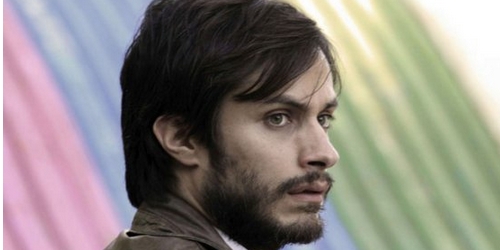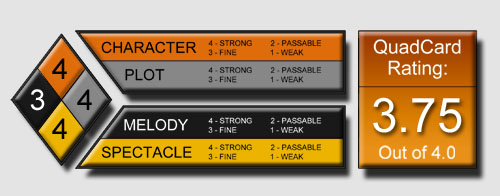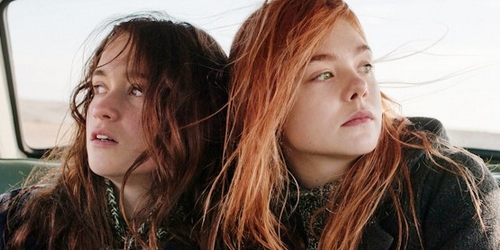 Gael García Bernal stars in Pablo Larraín’s third film to reflect on the brutality of the Pinochet regime in Chile during the almost twenty years they were in power. No, examines the inner workings of war propaganda, and is based on the real-life ‘No Campaign’ against Pinochet, that was established during the 1988 referendum.
Gael García Bernal stars in Pablo Larraín’s third film to reflect on the brutality of the Pinochet regime in Chile during the almost twenty years they were in power. No, examines the inner workings of war propaganda, and is based on the real-life ‘No Campaign’ against Pinochet, that was established during the 1988 referendum.
Once Renè is hired to work on the campaign, he quickly does away with the stories of sorrow and bitterness the opposition has made their focus, and replaces them with jingles, advertising clips showing joyful scenes of ‘happy’ people, and a logo that consists of a large rainbow along side the word ‘no.”
The campaign proves to be quite controversial, as reactions to it range from awe to outrage from Chileans on both sides of the argument, but Renè stands firm and continues to push these ideas forward despite the naysayers. Approaching the political agenda as he would any consumer-driven advertising campaign, he is confident that classic advertising methods will work to win the vote.
While the story of the people’s fight against oppression is compelling on it’s own, what makes ‘No’ unique is Renè’s personal motives behind his involvement in the campaign. The son of a prominent Chilean who was exiled during the beginning of Pinochet’s rule, Renè’s past binds him to the ‘No’ agenda, and yet he has personally enjoyed much success and freedom under the regime, so he finds himself torn between rising up against them and continuing to live the comfortable life he and has family have enjoyed up till this point.
He’s eventually persuaded by a good friend of his father’s, Urrutia (Luis Gnecco), to accept the challenge, but the incentive behind his decision continues to ambiguous, and the audience will question his motivations all way up to the very last scene, where René gives the same speech he uses to present the initial ‘No’ campaign, which emphasis the need for change, to present a campaign idea for a new Chilean soap opera. Thus, while advertising may be used for good in certain scenarios, it inevitably proves to be nothing more than the less of two evils.
Larraín chooses not to create René as simply a hero of the campaign, but instead depicts as a complex and deeply flawed character faced with the challenge of defining himself within a torn society. Adding to the realness created through the visual aspects of the film, this decision also contributes to the genuine nature of the film. No thus succeeds at capturing a historical moment in Chilean history through beauty and truth, both of which are often bittersweet.



